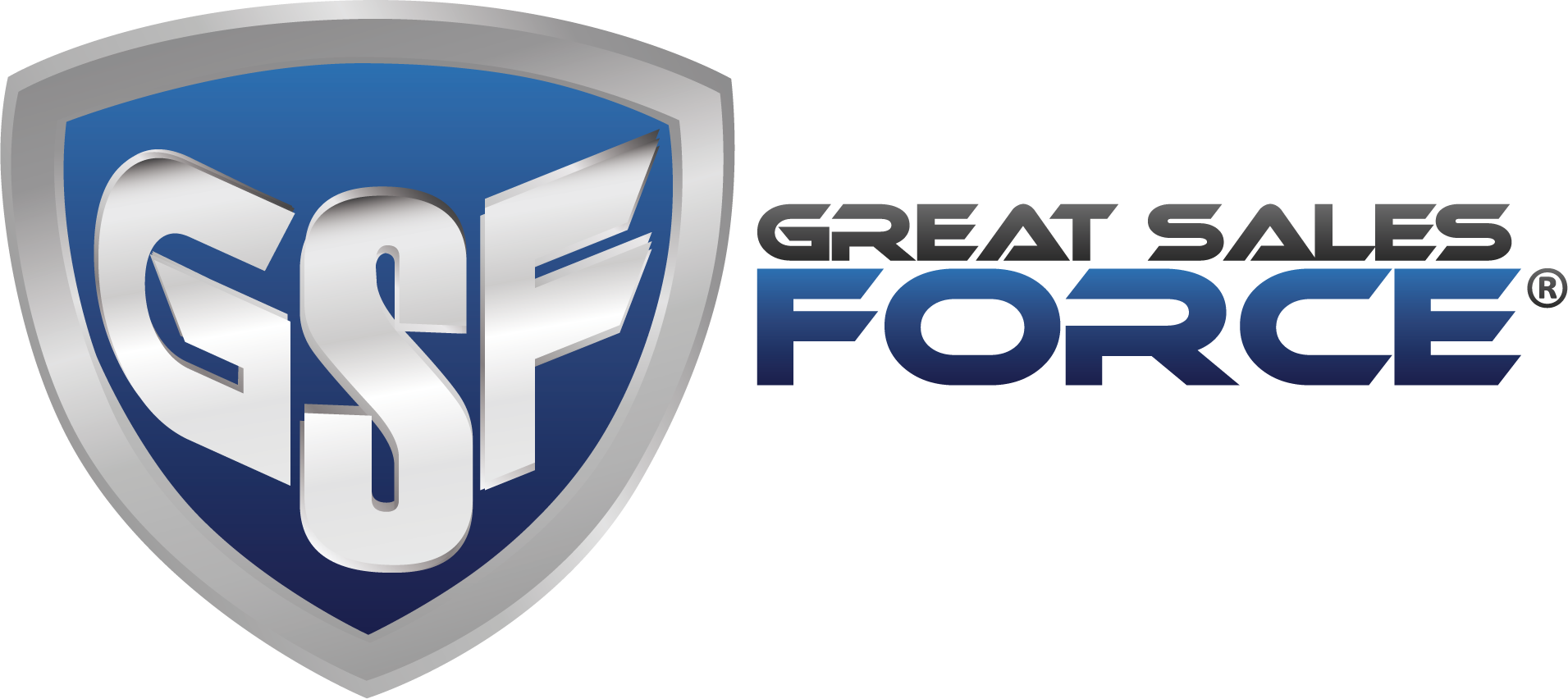A recent GSF Sales Radar® Survey – conducted amongst 147 senior executives at 122 big companies – revealed that two thirds of executives fear significant challenges in the next 12 months when it comes to finding qualified sales talent in the market. This issue tops the list and is matched only by the challenges connected to implementation of new processes and technologies, which are to a large extent driven by the COVID-19 pandemic.
For even 22% of surveyed companies, talent scarcity will be the single biggest issue next year – the concern is even higher for executives in financial services and in the IT or engineering sector.
The extent of the struggle to find sales talent came somewhat as a surprise, as most of the executives also reported an increase in productivity and motivation of their sales teams as a result of accelerated digitalization and ensuing work flexibility in pandemic times. At this point, we can conclude that these gains could not offset sales talent pipeline gaps across all industries surveyed.
Sales have traditionally suffered from high employee turnover – in some industries as high as 20% to 30% – which aggravates the recruiting gap issue and significantly increases costs related to hiring, training etc. Furthermore, it takes several months for new recruits to restore customer relationships, know-how and achieve business results comparable to their predecessors.
Many companies are trying to reduce reliance on their own sales teams by outsourcing (part of) selling activities to third parties such as sales and merchandising agencies or independent entrepreneurs. This strategy can help to limit the exposure and complexity related to managing large sales organizations, especially when it comes to less complex selling tasks. However, over-reliance on external sales support significantly reduces the ability of companies to influence their business result, customer satisfaction and product development via direct access to customers.
In our view, for most companies there will be no alternative to having capable and motivated in-house sales teams as the best and most effective option to successfully stand out to their customers. Given that the issue of finding available talent in the market will not get any smaller, we would like to argue that companies should put even more effort towards building and retaining their existing sales employees.
Amongst many possible intervention areas, we would like to present 5 courses of action which we feel have the greatest potential in strengthening the build effort for your sales team in adverse times:
1. Start with the premise that you already have a great team.
Too often we feel that certain members of our team are not up to the task. We label them as ‘recruiting mistakes’ or ‘attitude issues’. As a self-fulfilling prophecy, these people will end up leaving or underperforming. Whilst in times of talent abundancy this approach may be the luxury we can afford, in times of talent scarcity and high turnover we should do our utmost to bring out the best in every single employee. This is not easy, as it means going against our own instinct and taking a risk. We believe, however, that this mindset change has the potential to turn many employees into stronger performers.
2. Genuinely listen to what your people are saying.
The aforementioned GSF® Sales Radar revealed that only 24,5% of interviewed big companies conduct employee surveys that include sales teams. Without employee surveys, it becomes difficult to have a well-articulated view on strengths and opportunity areas of your sales team. At the individual level, most yet not all interviewed companies – 71% of them – conduct structured 1on1 employee conversations, which are an equally important listening tool. A critical action item after the employee survey is conducted is to create and communicate an improvement plan based on feedback received – only 43% of companies indicated that this is their routine behaviour. Equally important is to record and follow up on key points from the 1on1 conversation.
3. Identify what is holding your team back from giving their best.
Great Sales Force® has been conducting standardized Sales Employee Surveys since 2016 with the objective to help companies increase the productivity of their sales teams. On average, sales employees reported that their productivity could increase by 44% if they were provided with the right tools, support, information etc. Companies need to tap into this vast reservoir of productivity in times of talent scarcity more than ever. Key productivity increase areas can be best identified by in-depth surveys or conversations with your sales team. Go for quick wins by focusing on low hanging fruit items first. Take some risks and be prepared to give up on that favorite weekly review or report that may not be critical in times of people scarcity.
4. Ensure that personal growth becomes a priority for your sales team.
Opportunity to learn and grow is one of the key reasons why sales people choose to join, stay or leave – for most individuals, personal growth is a more powerful motivator than money and benefits. GSF® Sales Employee Surveys indicate that only 66% of sales people feel that they can develop further in the company they currently work for. In addition, only 64% feel that they are provided with adequate training opportunities. Too often we hear that personal growth effort has been put to one side or deprioritized due to current work burden or COVID-19 related obstacles. This trade-off will deprive your sales team of their key area of interest and will almost certainly lead to adverse results in their motivation and loyalty.
5. Turn your sales teams into your ambassadors.
GSF® research reveals that most sales people are satisfied with their working conditions (75%) or identify with the company they work for (80%). Whilst at first glance this may seem satisfactory, we could argue that these results merely indicate that the majority of your employees accept the status quo and there is little evidence how this acceptance will endure the stress test caused by vacancies and COVID-19 or by a prospective job offered by another company. We believe there is a higher level of engagement that is called for in building robust sales teams – we call it ambassadorship. Ambassadors take an active role in improving and promoting the working environment – both inside and outside. They engage deeply with the products they sell and convey their passion to customers. Companies should consider how to facilitate transition from status quo acceptance to ambassadorship – including regular measurement via some type of internal Net Promoter Score.
The above interventions certainly do not exhaust all possible courses of action sales leaders can undertake to build stronger teams. Yet we feel that our research data and client experience reveal significant opportunities in these areas. If pursued with commitment, we are certain that these interventions offer strong rewards in terms of the robustness of your sales teams.




